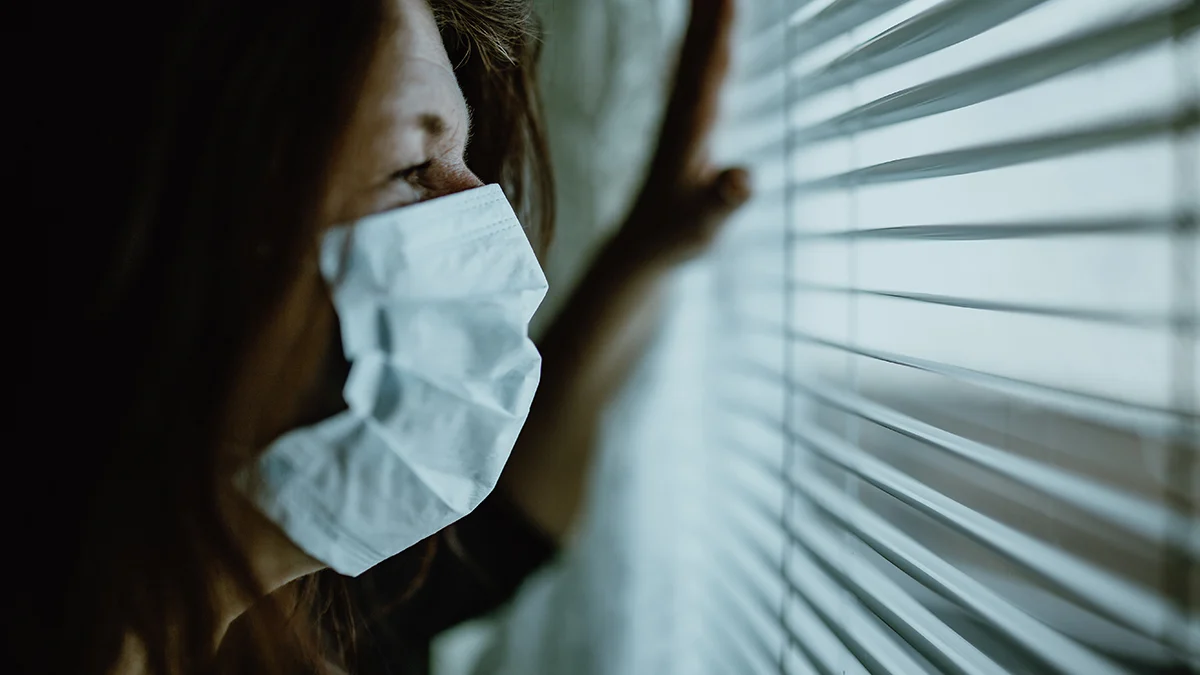Staying aware of the latest information on the COVID-19 outbreak can save lives. You can review it on the WHO website and through your national and local public health authority.
Many countries around the world have seen cases of COVID-19 and most have seen outbreaks. Authorities in China and some other countries have succeeded in slowing or stopping their outbreaks. However, the situation is unpredictable, so check regularly for the latest news and advice.
You can reduce your chances of being infected or spreading COVID-19 by taking some simple precautions:
- Regularly and thoroughly clean your hands with an alcohol-based hand rub or wash them with soap and water.
Why? Washing your hands with soap and water or using alcohol-based hand rub kills viruses that may be on your hands. - Maintain physical distance. Although WHO recommends at least 1 metre (3 feet) distance between people who are coughing or sneezing, Governments are establishing their own measures in terms of distance. Some recent studies are pointing to bigger distances while walking or exercising outside. In the absence of wind, for walking fast at 4 km/h this distance could be about 5 m and for running at 14.4 km/h about 10 m (1).
Why? When someone coughs or sneezes they spray small liquid droplets from their nose or mouth which may contain the virus. If you are too close, you can breathe in the droplets, including the COVID-19 virus if the person coughing has the disease. - Avoid touching eyes, nose and mouth.
Why? Hands touch many surfaces and can pick up viruses. Once contaminated, hands can transfer the virus to your eyes, nose or mouth. From there, the virus can enter your body and can make you sick. - Make sure you, and the people around you, follow good respiratory hygiene. This means covering your mouth and nose with your bent elbow or tissue, when you cough or sneeze. Then dispose of the used tissue immediately.
Why? Droplets spread virus. By following good respiratory hygiene you protect the people around you from viruses such as cold, flu and COVID-19. - Stay home if you feel unwell. If you have a fever, cough and difficulty breathing, seek medical attention and call in advance. Follow the directions of your local health authority.
Why? National and local authorities will have the most up to date information on the situation in your area. Calling in advance will allow your health care provider to quickly direct you to the right health facility. This will also protect you and help prevent spread of viruses and other infections. - Keep up to date on the latest COVID-19 hotspots (cities or local areas where COVID-19 is spreading widely). If possible, avoid travelling to these places – especially if you are an older person, have diabetes, or heart or lung disease.
Why? You have a higher chance of catching COVID-19 in one of these areas.
Reference
- Towards aerodynamically equivalent COVID19 1.5 m social distancing for walking and running. B. Blocken , F. Malizia , T. van Druenen, T. Marchal. http://www.urbanphysics.net/Social%20Distancing%20v20_White_Paper.pdf. Accessed on 28th April 2020.
- Q&A on coronaviruses (COVID-19). WHO https://www.who.int/news-room/q-a-detail/q-a-coronaviruses. Accessed on 27th April 2020.
- Situation Summary. CDC (Centers for Disease Control and Prevention). https://www.cdc.gov/coronavirus/2019-ncov/cases-updates/summary.html. Accessed on 27th April 2020.
Press contact:
For media inquiries please contact
Ortho Media Relations
Ortho Clinical Diagnostics
media@quidelortho.com






